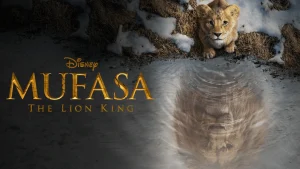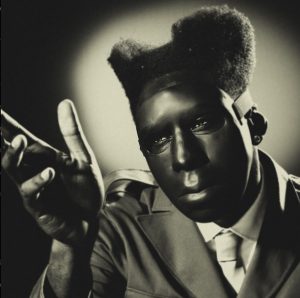Breaking News: Crucial or Clickbait?
October 10, 2018
By: Gabrielle Delgado
As a fellow attentive reader and concerned consumer, I believe that we rely on the news to keep us correctly informed in the ever changing events that take place everyday, and rightly so. But what we don’t always see is that the news relies on us; our ratings and views mean money and more success for each news outlet. With the increase in accessible technology and the desire for a higher profit, the news has started to become an overflow of images, words, videos and icons that are not all significant to the specified story. This issue especially shows itself in ‘Breaking News’, a phrase used to alert the viewer of the importance of a story.
Lately I’ve been seeing these two words flashing in front of me, only to have a developing story below, one that does not inform me, but instead only gets my view. By seeing this headline, I had hoped to receive information important to me and to the world, something I should hold at high significance. When had the news become an advertisement, not an informant? Does the phrase ‘Breaking News’ still hold the importance of sharing crucial knowledge, or has it fallen to a mere grasp for our attention?
I bring this issue up because I remember a dark moment we journalists flinched at during this time last year. Tom Petty, an American singer-songwriter, music producer, and actor, had sadly died. His family and friends gathered at his bedside to spend fleeting moments with him before his final breath. They were interrupted by “Breaking News” which claimed that Tom Petty had passed away. This harsh push of false, too-quick claims caused the social media community to go into an array of confusion and questions. Tom Petty did pass seven hours later, but he was not given that last, quiet connection between him and his loved ones, for the news had jumped the gun.
These colossal mistakes are usually forgotten or quickly covered by news stations. But, nonetheless, the news continues to make attempts to grab audiences and stay at the top. There is surmountable pressure on news stations like CNN to be the first to air and keep ratings up. CNN has become one of the most-watched channels, one that many of us automatically turn on to see what’s going on in the world.
Just two days ago, on October 2, CNN announced “Breaking News”, the big title sweeping over our laptop screens and phone notifications. The text read: “Cardi B arrested.” I had expected national news, possibly concerning the Kavanaugh case or a natural disaster. But instead, we are alerted of an event that should be considered soft news–one rap superstar charged with endangerment and assault.
Although this news may be worth hearing for those watching local stations of where Cardi B resides, or for die-hard Cardi fans, this story is definitely not considered a national matter, especially one that deserves the big headline. It seems that even the most credible news stations have fallen victim to the desire for more ratings, more views, more money; apparently Cardi B catches the public eye in “Breaking News” more than anything concerning our current government affairs.
It is harder to narrow down and decipher the important updates from the merely developing ones, and all of us are under a great amount of pressure to do so. Despite this claim, I believe, in this current world, news can often become something it could refrain from: clickbait.
What is the solution? Ideally, news outlets should ethically only post hard news that is breaking, but the reality is news outlets will continue to build revenue. So I think it is up to us to decide which “Breaking News” titles we pay attention to. We must click away from the soft news and focus on the important matters that news channels can’t seem to narrow down.
Media has become more than a newspaper handed out on the street, the events of the week implanted in permanent ink. Rather, it has become an explosion and relapse of little updates with grabbing titles. They can disappear in the blink of an eye, only for new and more ‘developing’ stories to jump in.
So should we keep following the news’ every move, for fear of missing out on an important event in world history? Or maybe, just maybe, we should shut off our televisions, close our laptops, and put our phones on ‘do not disturb’ until tomorrow, when the stories are concrete enough for our overflowing minds to grasp.






